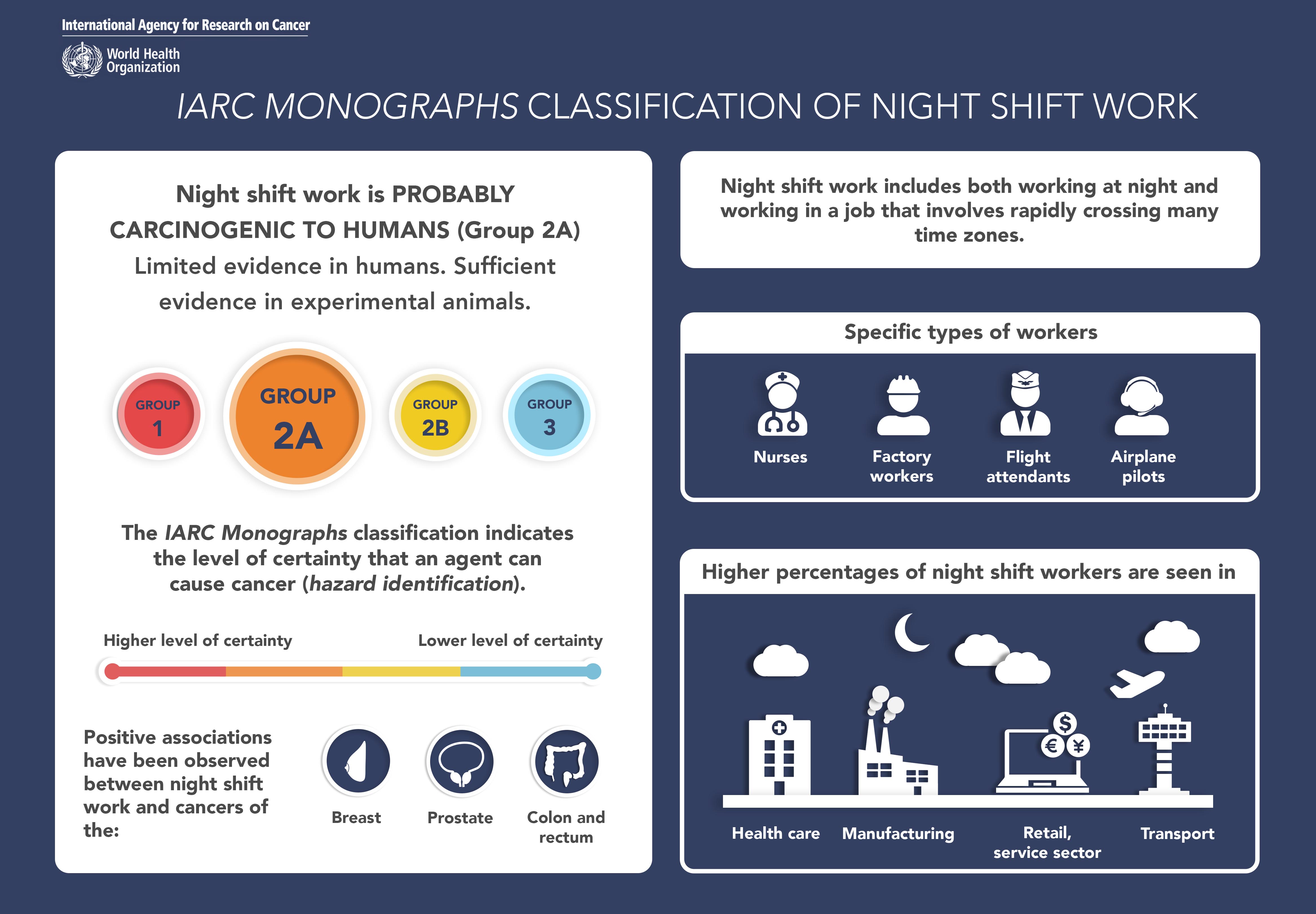Exploring Cancer in Young Adults: Prevention Strategies

Understanding the Increase in Cancer In Young Adults
Cancer has traditionally been viewed as a disease that affects older adults, but data from the last two decades shows a concerning trend: a significant rise in cancer diagnoses among young adults under 45. Several types of cancers, including colorectal, breast, pancreatic, and renal cancers, are showing increased occurrence rates in this younger age group.
This shift in cancer rates in young adults raises several urgent questions:
- What's causing this troubling increase?
- Is this pattern being observed worldwide?
- What can be done to lower the risk?
In this post, we'll examine the potential causes behind this surge, discuss practical steps for reducing risk, and emphasize how early detection is critical to improving outcomes.
What's Driving the Rise in Cancer Cases Among Young Adults?
The increasing cancer incidence rates in younger populations is influenced by multiple interconnected factors. These include genetic predispositions, environmental exposures, disruptions in the gut microbiome, various lifestyle factors, and changes in sleep patterns.
Let's take a closer look at each of these.
- Epigenetics and Genetics [Listen to our prior podcast on genetics and cancer]
While genetic inheritance directly causes a small percentage of cancer cases, the field of epigenetics - which studies how genes are either expressed or not expressed - plays a much larger role than previously thought. Research shows that the lifestyle choices, dietary habits, and environmental exposures of our parents and grandparents can significantly impact the health of current young adults, potentially increasing their vulnerability to cancer development.
While we cannot go back in time and change our inherited epigenetics, we can control our self-care now, which may reverse negative epigenetics from our ancestors. This epigenetic correction may be one of the mechanisms behind the data on improvement in diet, sleep, and exercise, improving your life now as well as your longevity.
- Environmental Exposures [Listen here to our prior podcast on environmental exposures;][or, microplastics]
Our modern world is filled with environmental toxins, from microplastics in our water to heavy metals in our soil. Many everyday items, from food containers to common household cleaning supplies, contain chemicals that research has linked to increased cancer risk. This exposure often begins during early childhood development, highlighting the importance of understanding and minimizing contact with these harmful substances as soon as you learn about their harm.
Again, you can't go back in time, but you can shore up and minimize your current exposures, which helps both you and the larger community reduce exposure to harmful chemicals.
- Gut Microbiome Imbalances [Listen to our prior podcast on the microbiome]
Scientists now recognize that the gut microbiome - the collection of organisms in our digestive system - plays a vital role in maintaining immune function and preventing disease. Modern factors such as frequent antibiotic use, limited variety of your diet, and high consumption of ultra-processed foods can seriously disrupt these beneficial gut bacteria. This disruption often leads to chronic inflammation and may increase the risk of various cancers, particularly colorectal cancer in young adults.
- Lifestyle Factors: Diet and Physical Activity [Listen to our prior podcast on movement/exercise.]
Today's typical diet, which often contains high levels of processed foods while lacking in fiber and essential nutrients, contributes significantly to obesity and chronic inflammation - both well-known cancer risk factors. Research consistently shows that following a diet rich in whole, plant-based foods and maintaining regular physical activity can help lower cancer risk by improving metabolic health and reducing ongoing inflammation. Eating a plant-based diet, sleeping soundly/ waking refreshed, and moving/exercising daily also improves your current health, even if you are going through or recovering from conventional treatment.
Caveat: The idea that eating perfectly means you will never get cancer is not real. You can do everything right and still get cancer (that is the truth). Taking care of yourself is analogous to taking every precaution when you drive a car: You put on your seatbelt, you adjust the mirrors, and you drive defensively. All of these actions lower your risk of getting hurt in a car accident, but you are not guaranteed to avoid an accident or injury. You simply reduce your risk.
Optimizing your health through good self-care is risk reduction and the best way to be as healthy as possible now.
- Sleep and Chronic Stress [Listen to our prior podcast on sleep]
Quality sleep plays a fundamental role in cellular repair and maintaining overall health. However, modern lifestyle factors such as excessive social media use, extended exposure to screens at night, and increasingly stressful lifestyles often lead to poor sleep habits. Sleep disturbance and light at night increase the risk of cancer AND cancer increases the prevalence of sleep disturbance. Over two-thirds of people who have (or had) cancer have trouble with sleep.
One of the most studied sleep disruption patterns, night shift work, has enough evidence of its cancer-causing effects to be classified as "probably carcinogenic to humans (group 2A)" by the International Agency for Cancer in Research (IARC).

Prevention and Early Detection: Taking Charge of Your Health
While these rising cancer trends among young adults are undoubtedly concerning, there are numerous proactive steps individuals can take to help reduce their cancer risk:
- Optimize Your Diet: Focus on eating a diverse, plant-rich diet high in fiber, antioxidants, and healthy fats. Include plenty of colorful vegetables, fruits, whole grains, and lean proteins. Eliminate ultra-processed foods, added sugars, and artificial ingredients that can contribute to inflammation. An occasional ultra-processed food is fine, just don't make it a habit! Consider incorporating some well-evidenced anti-cancer foods like berries, leafy greens, and cruciferous vegetables into your daily meals.
- Stay Active: Make regular physical activity a priority daily. The data is clear: Aim for at least 150 minutes of moderate exercise or 75 minutes of vigorous activity each week. This includes brisk walking, cycling, swimming, or strength training. Regular movement helps maintain a healthy weight, supports immune function, and reduces inflammation throughout the body. If work makes you more sedentary, get up and walk for 5 minutes to improve circulation. This helps your brain and your body. More exercise has more benefits, so keep challenging yourself! Find something you love to do, like dancing or taking a meditative walk in nature. It helps if you enjoy your exercise.
- Minimize ingesting harmful chemicals: Remember that "ingestion" is food, air, water, and anything that contacts your skin! Take steps to reduce exposure to harmful chemicals in food, plastics, and household products. Choose organic produce when possible, use glass containers instead of plastic, and opt for natural cleaning products. Be mindful of personal care products and their ingredients, and ensure proper ventilation in your living spaces. We use The Environmental Working Group as a reliable source of information.
- Prioritize Sleep: Make quality sleep a non-negotiable part of your health routine by aiming for 7-9 hours each night. Create a relaxing bedtime routine, maintain a consistent sleep schedule, and optimize your sleeping environment. Quality rest supports immune function, cellular repair, and overall health maintenance.
- Manage Stress: Incorporate stress-reduction techniques into your daily life through mindfulness, meditation, deep breathing exercises, or gentle yoga. Find activities that help you relax and recharge, whether it's spending time in nature, practicing a hobby, or connecting with loved ones.
- Seek Regular Medical Checkups: Stay proactive about your health by scheduling regular check-ups and screenings. Know your family history, understand your personal risk factors, and don't hesitate to discuss concerns with healthcare providers.
Common Cancers in Young Adults:
In the United States, several types of cancer particularly affect young adults, including:
- Breast cancer: Particularly important for women to begin regular screenings
- Lymphomas: Including both Hodgkin and non-Hodgkin types
- Melanoma: The most serious form of skin cancer
- Sarcomas: Cancers affecting bone and soft tissues
- Thyroid and testicular cancers: Often highly treatable when caught early
- Colorectal cancer: Showing concerning increases in young adults
- Brain tumors: Various types affecting different age groups
Here are some signs and symptoms of cancer
Pay attention to warning signs such as:
- unexplained fatigue - this may be profound or low level and ongoing
- unusual lumps or growths - under your skin or on it, anywhere on your body
- persistent changes in vision
- unexpected weight loss - this can be rapid or slow
- night sweats
- blood in your stool or urine
- easy bruising
To remind you, as we discussed in our podcast, early detection significantly improves treatment outcomes. So, if you don't get a proper diagnosis, persist until you are told exactly what is causing your symptom(s).
Support and Resources for Young Adults Facing Cancer
A cancer diagnosis presents unique challenges for young adults, balancing career goals, family responsibilities, and fertility concerns. Comprehensive support through healthcare providers, counseling services, and cancer support communities can provide crucial emotional and practical assistance during treatment and recovery.
Stay Informed and Spread Awareness
Education about cancer risks and prevention strategies is vital for young adults. Please share this information with your network to help raise awareness, and if you are a clinician, remember that cancer is not as rare as it once was in our young adults. Rule it out early in your work-up.




